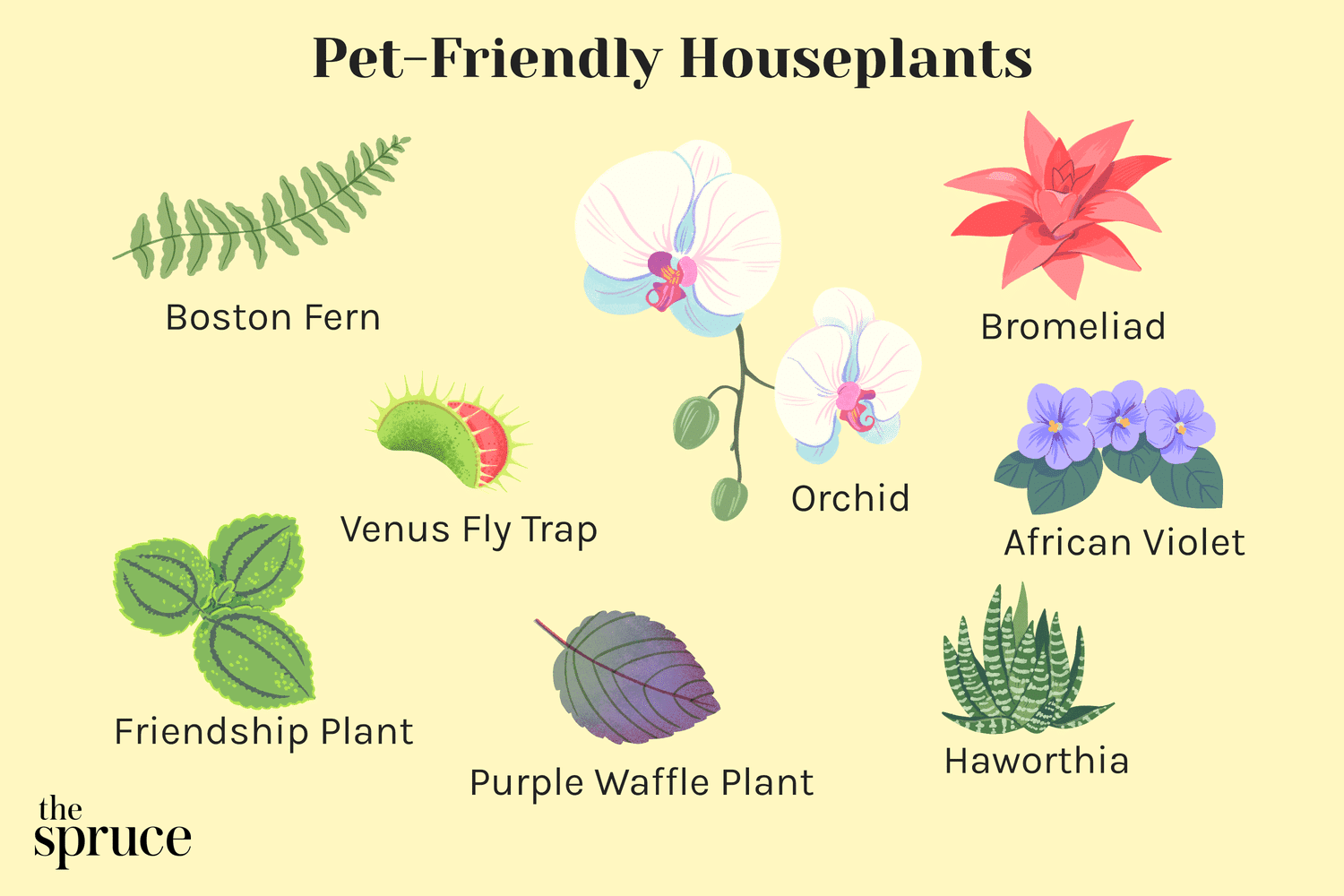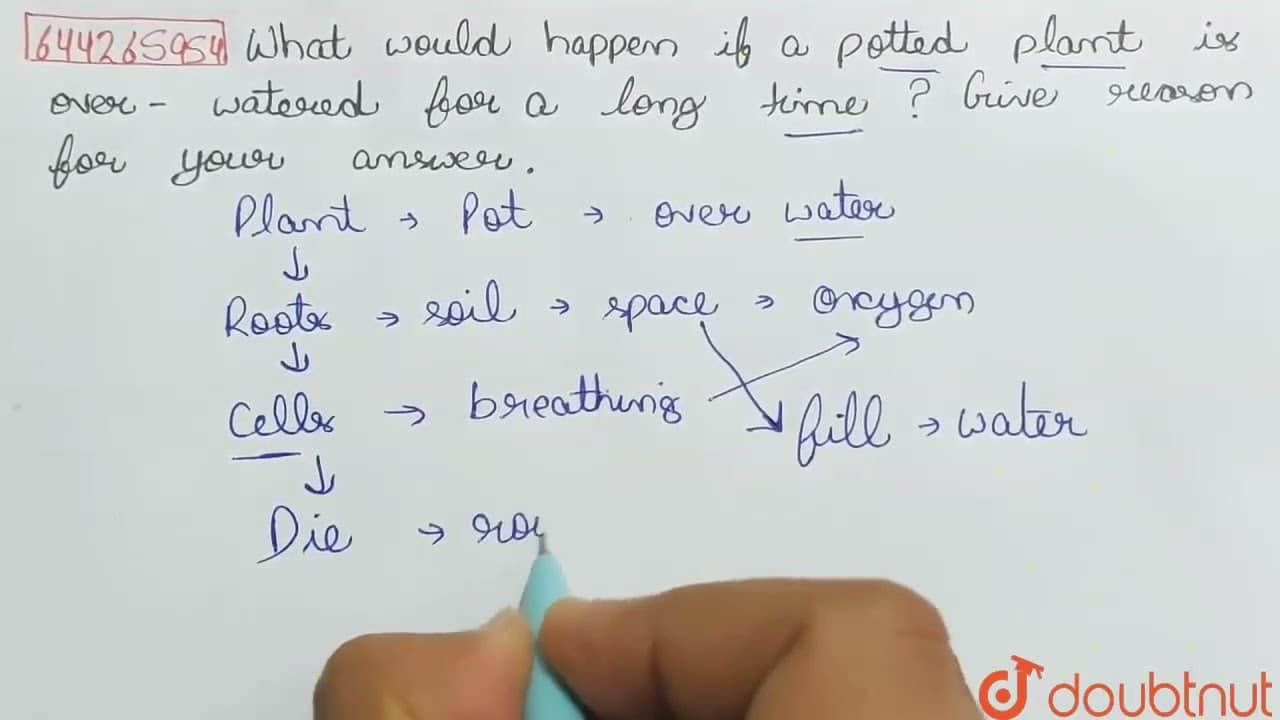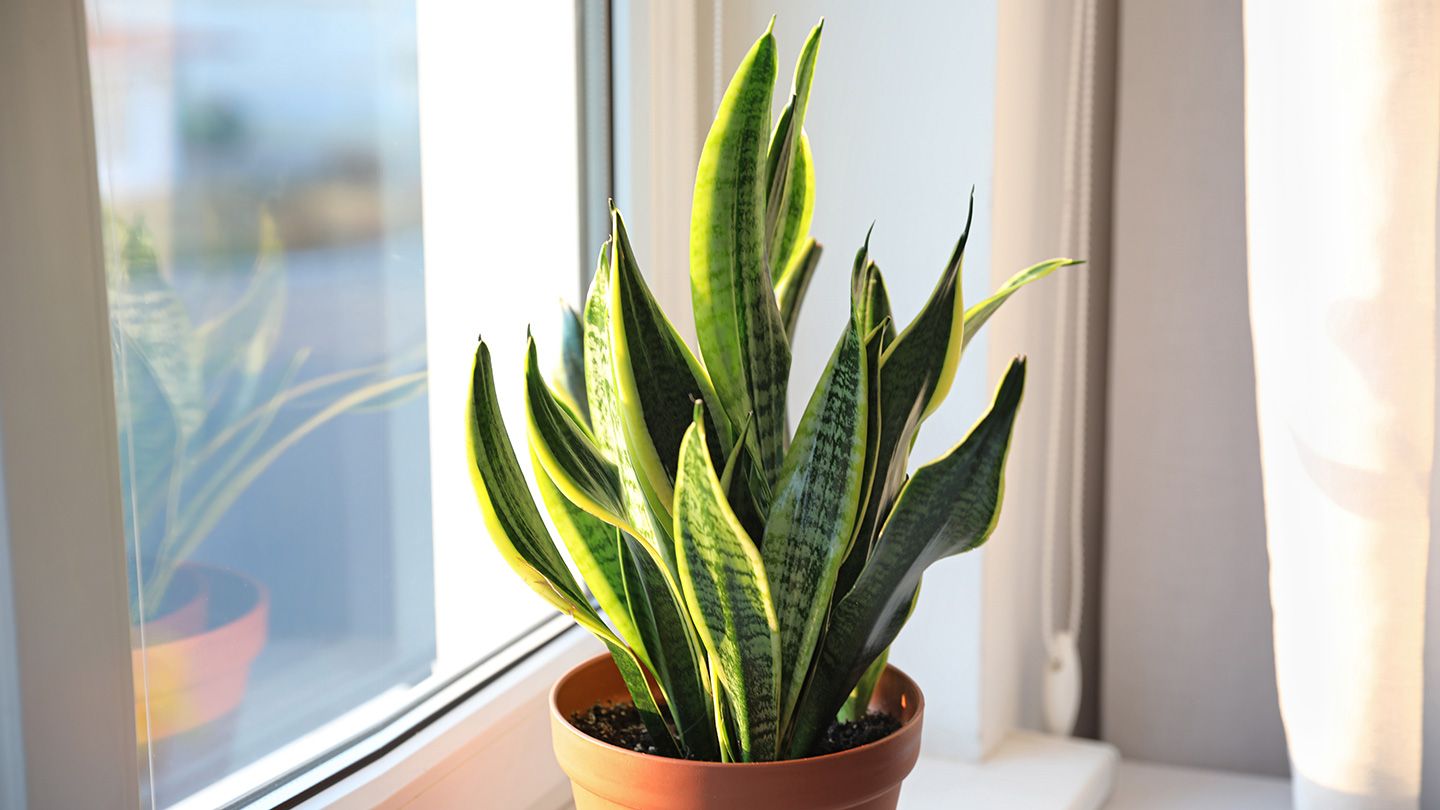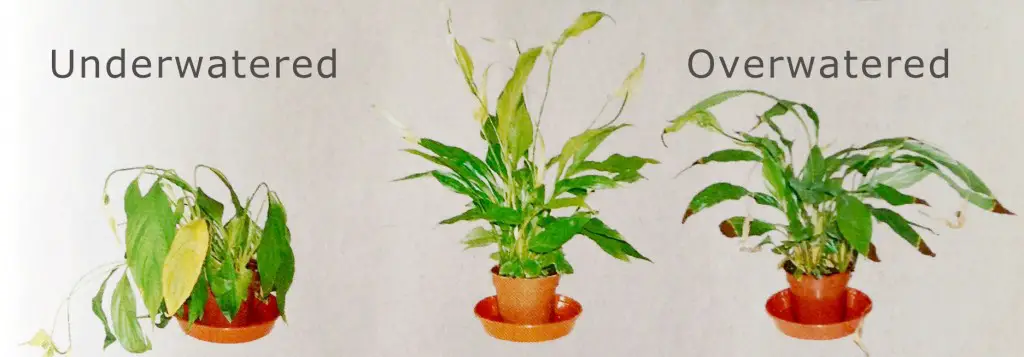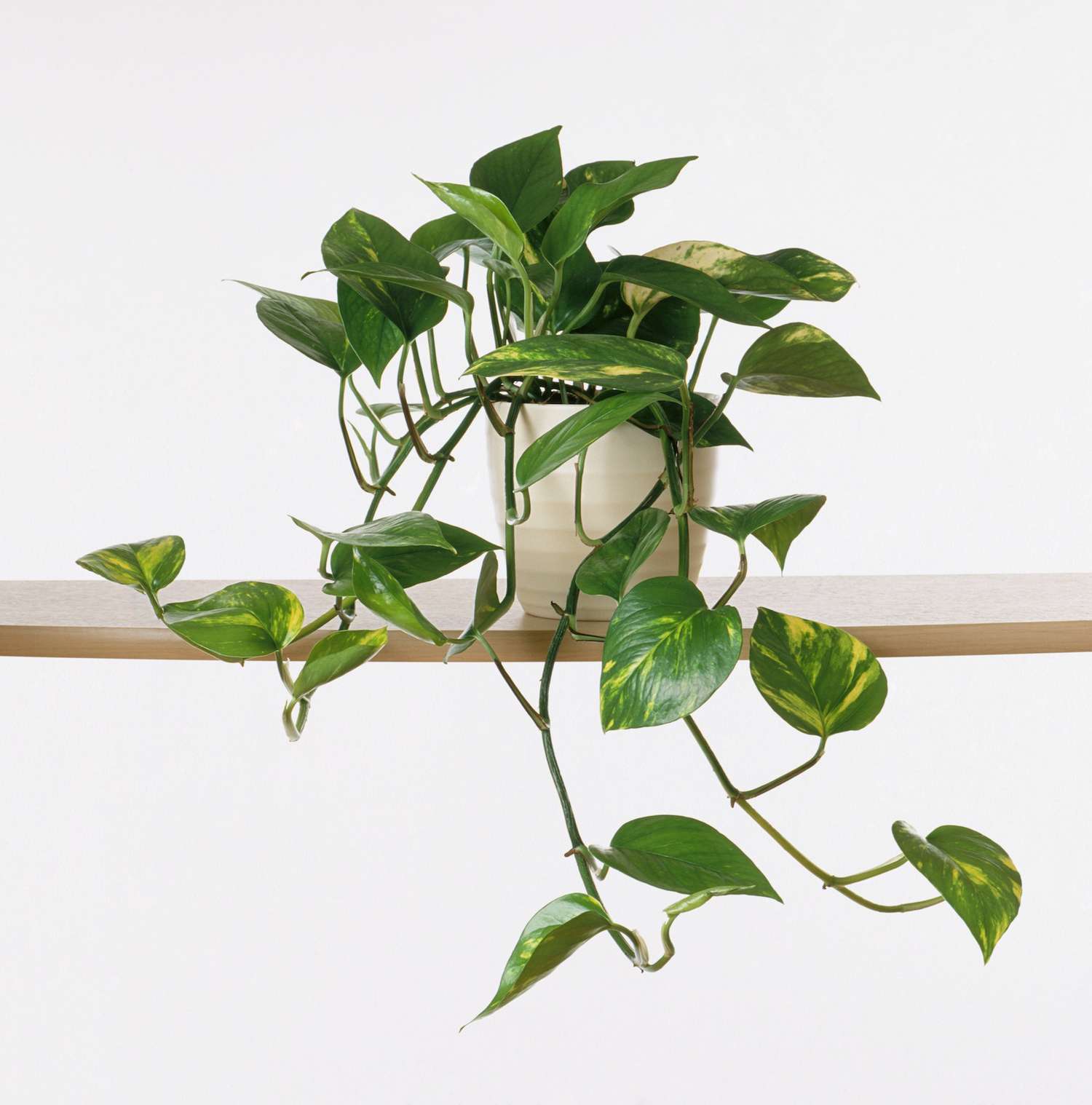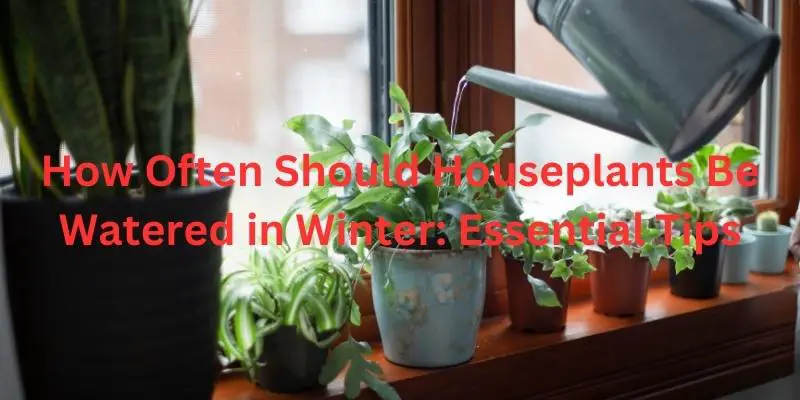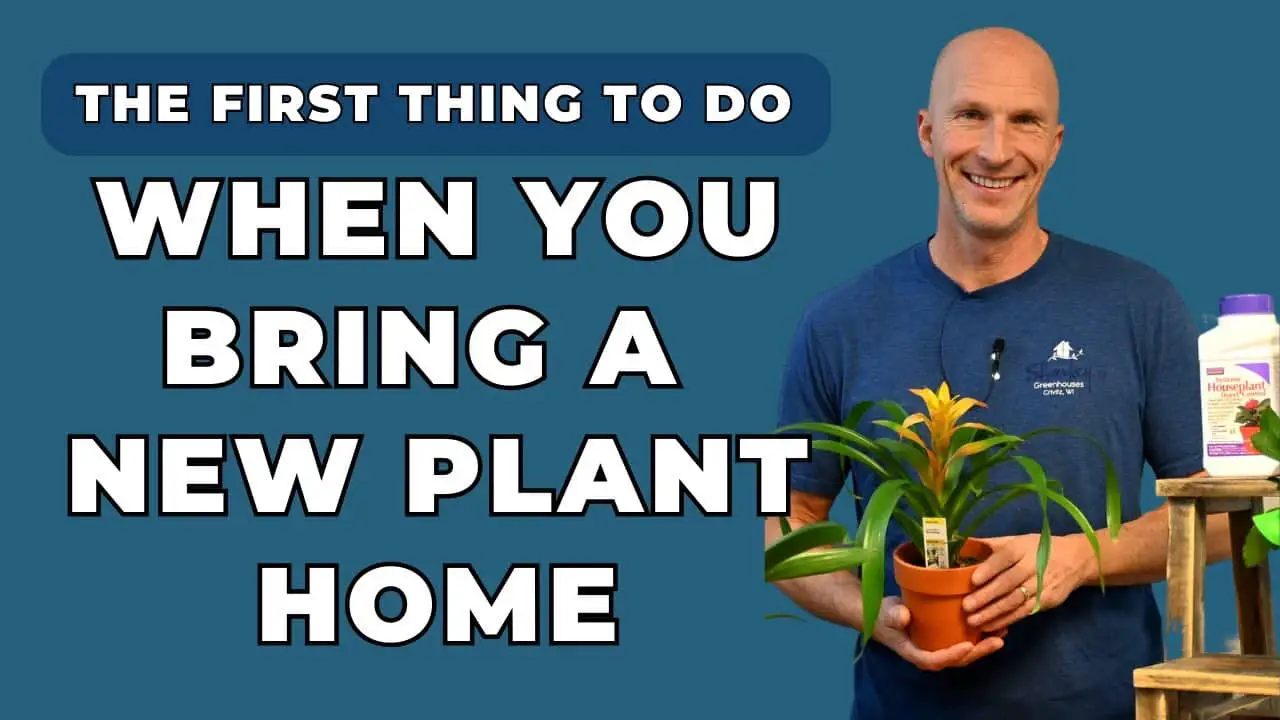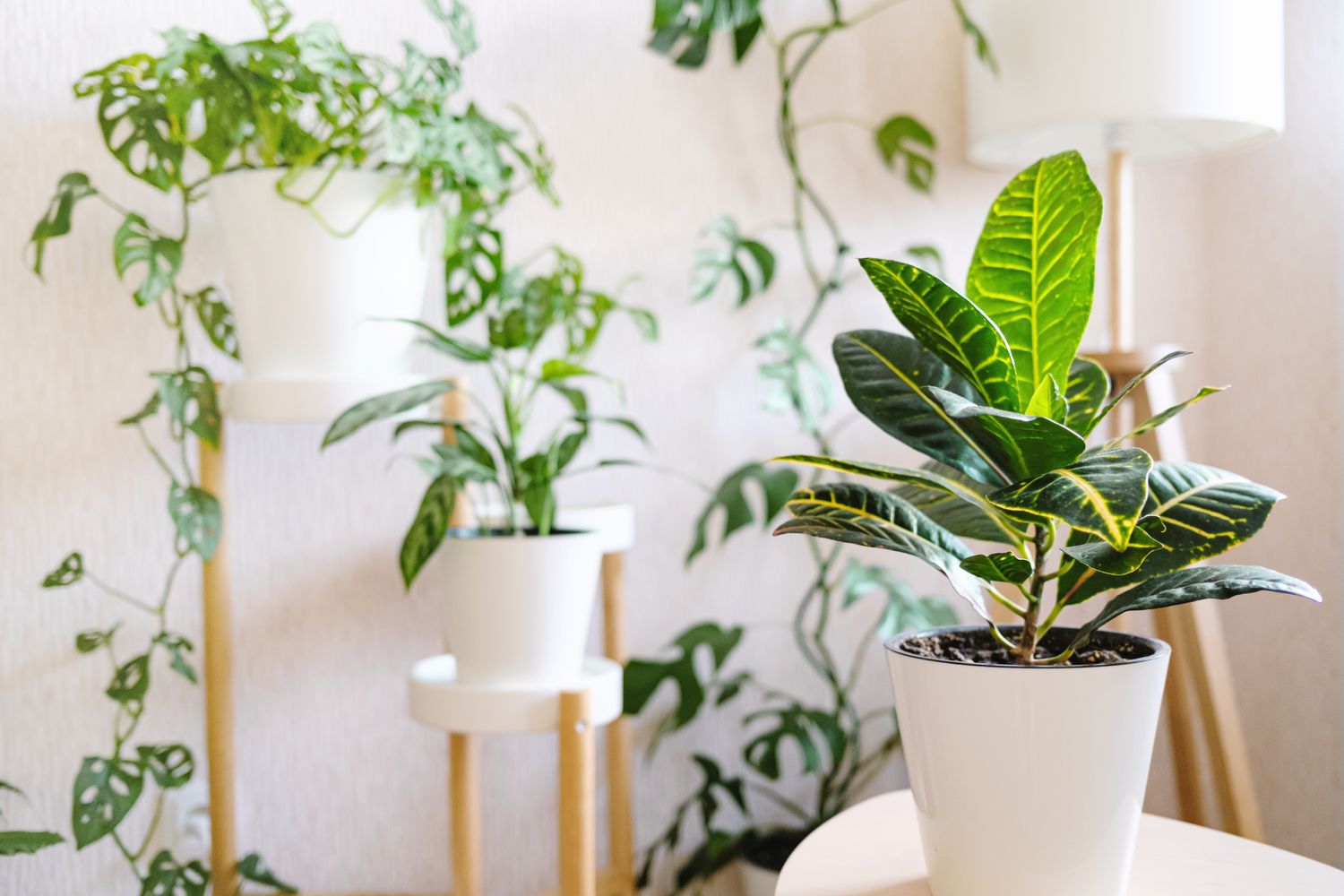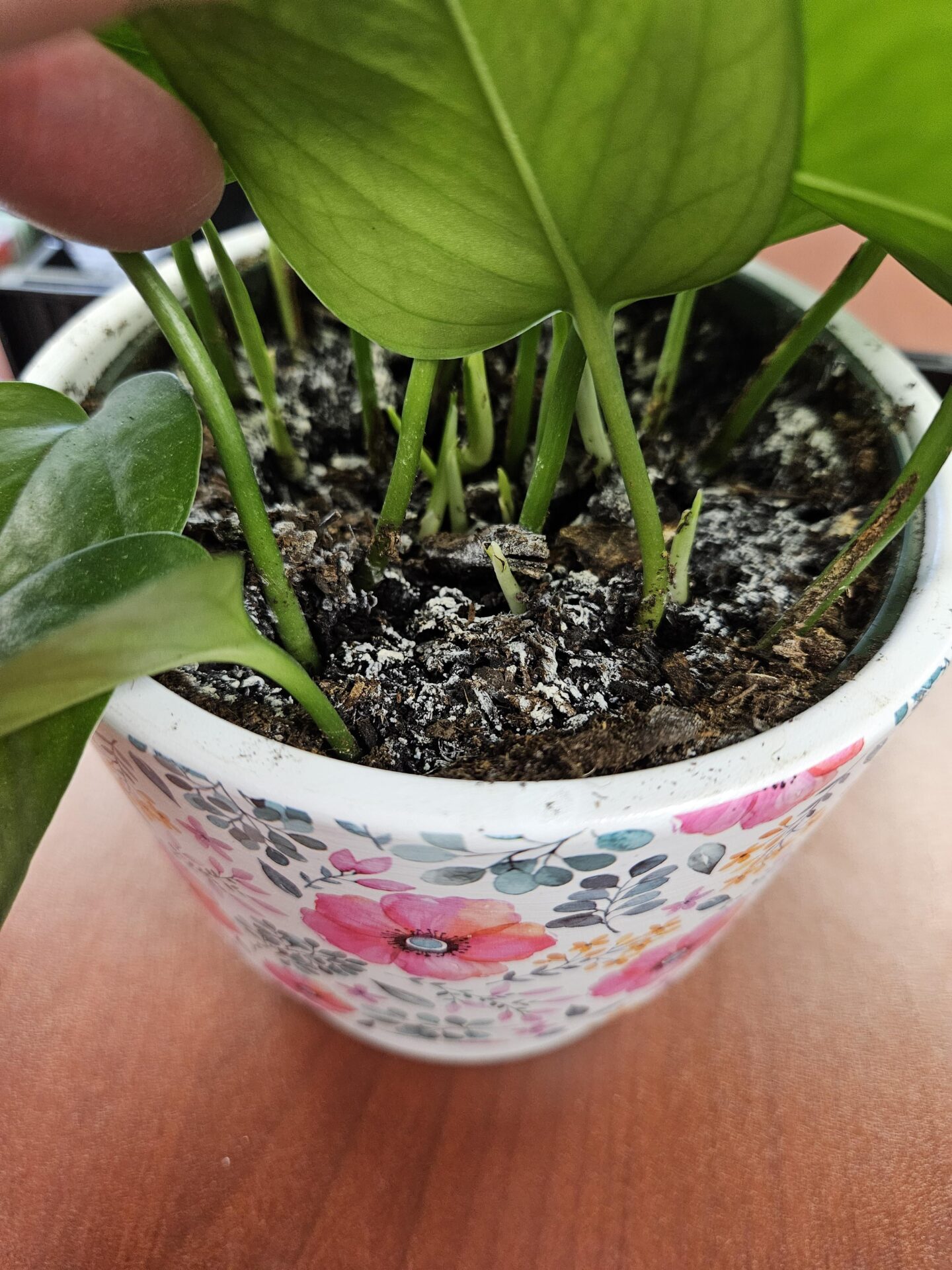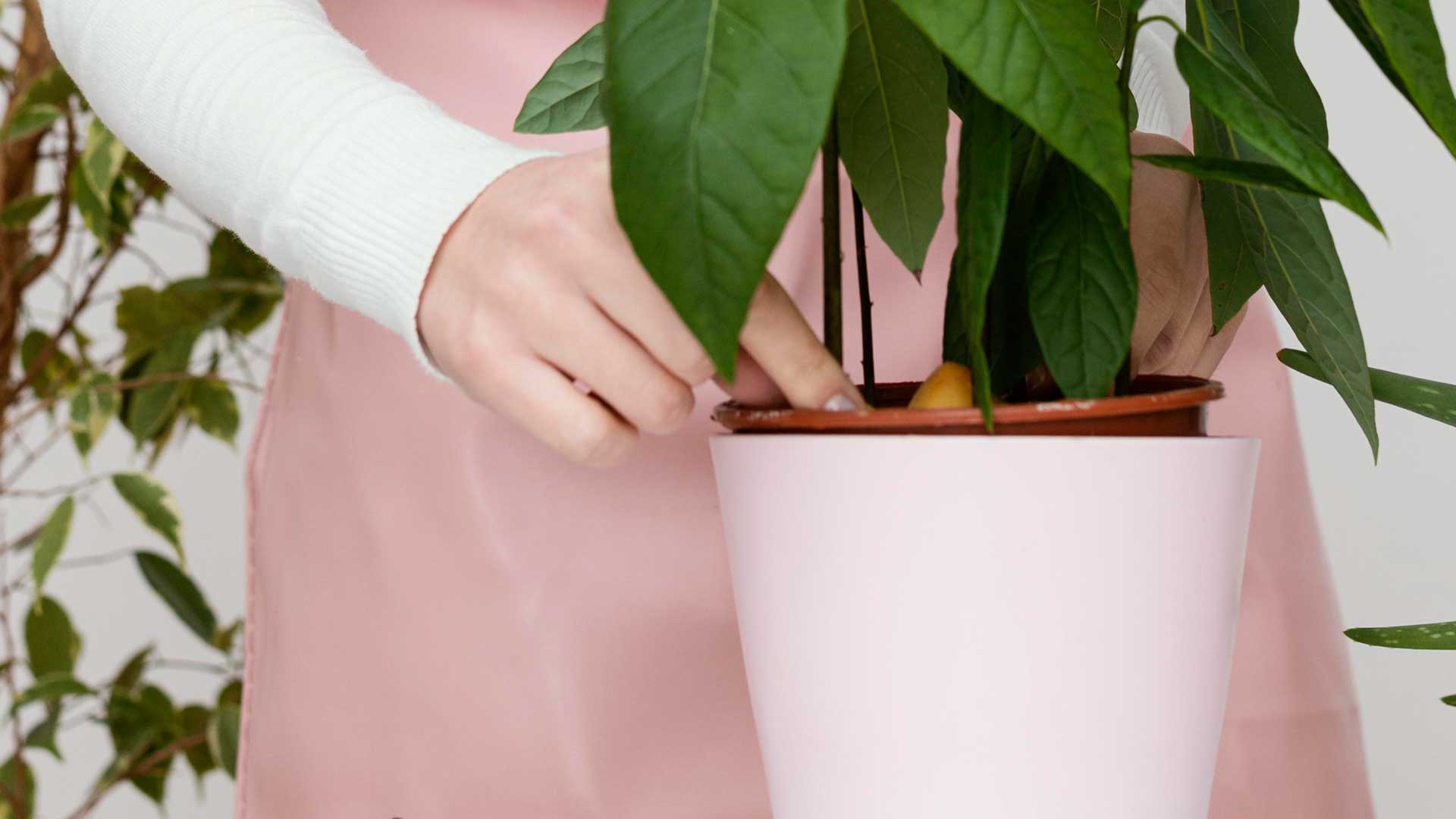Category: Planting
-
What House Plant is Not Toxic to Cats: Safe Green Choices
The Spider Plant is a house plant that is not toxic to cats. It is safe and easy to maintain. Many cat owners worry about the safety of their pets around house plants. The Spider Plant offers a perfect solution. It is non-toxic to cats and poses no health risks. This plant also adds a…
Categories: House Plants -
What Will Happen If a Potted Plant is Overwatered: Top Risks Revealed
Overwatering a potted plant can lead to root rot and hinder its growth. The plant may eventually die if not corrected. Overwatering is a common mistake that many plant enthusiasts make. It occurs when plants receive more water than they can absorb. This leads to waterlogged soil, depriving roots of essential oxygen. Healthy roots are…
Categories: House Plants -
Is It Good to Keep Plants in the House: Benefits & Tips
Yes, keeping plants in the house is good. They improve air quality and enhance mental well-being. Indoor plants bring numerous benefits to your living space. They purify the air by absorbing toxins and releasing oxygen. This can lead to better respiratory health. Plants also add a touch of nature indoors, creating a calming and inviting…
Categories: House Plants -
What to Do If You Over Water a House Plant: Quick Rescue Tips
Remove the plant from its pot and let the soil dry out. Trim any damaged roots and repot with fresh soil. Overwatering is a common issue for house plant enthusiasts. Excess water can lead to root rot, which harms the plant. Symptoms include yellowing leaves, wilting, and a soggy soil surface. Properly addressing overwatering involves…
Categories: House Plants -
What Kind of House Plant Doesn’t Need Sunlight: Top 7 Choices
The ZZ plant doesn’t need sunlight. It thrives in low light conditions and is very low-maintenance. Houseplants that don’t need sunlight are perfect for dark corners or rooms with limited natural light. These plants are ideal for beginners and busy people, as they require minimal care. They bring life to spaces where other plants might…
Categories: House Plants -
How Often Should Houseplants Be Watered in Winter: Essential Tips
Houseplants should generally be watered less frequently in winter, about every two to four weeks. Always check the soil’s moisture before watering. Watering houseplants in winter can be tricky. They require less water due to reduced light and slower growth. Overwatering can lead to root rot and other issues. It’s crucial to monitor the soil’s…
Categories: House Plants -
What to Do When You First Bring a Plant Home: Expert Tips
Check the plant for pests and damage. Water it appropriately after assessing its soil moisture level. Bringing a new plant home is an exciting experience. Proper initial care sets the stage for healthy growth. Start by inspecting the plant for any pests or damage to prevent future problems. Make sure to water it correctly, taking…
Categories: House Plants -
Tall House Plant That Doesn’T Need Sunlight: Ultimate Guide
The ZZ Plant is a tall house plant that thrives in low light and doesn’t need direct sunlight. It’s perfect for dim indoor spaces. The ZZ Plant, also known as Zamioculcas zamiifolia, is ideal for those seeking a tall, low-maintenance houseplant. Its striking, glossy leaves add a touch of elegance to any room. This resilient…
Categories: House Plants -
Why is My House Plant Soil Turning White?: Top Causes & Fixes
Your house plant soil is turning white due to mineral buildup or mold growth. Excessive watering or poor drainage often cause these issues. House plant soil turning white can be a common concern for many plant enthusiasts. This white residue usually results from mineral deposits left behind by hard water or fertilizers. Over time, these…
Categories: House Plants -
Can You Keep Plants in Their Plastic Pots: Pros and Cons Revealed
Yes, you can keep plants in their plastic pots. Ensure proper drainage and monitor their growth regularly. Plants are often sold in plastic pots for convenience and cost-effectiveness. These pots can be retained if they have adequate drainage holes. Keeping plants in plastic pots can simplify repotting and reduce transplant shock. Ensure the pot size…
Categories: House Plants

